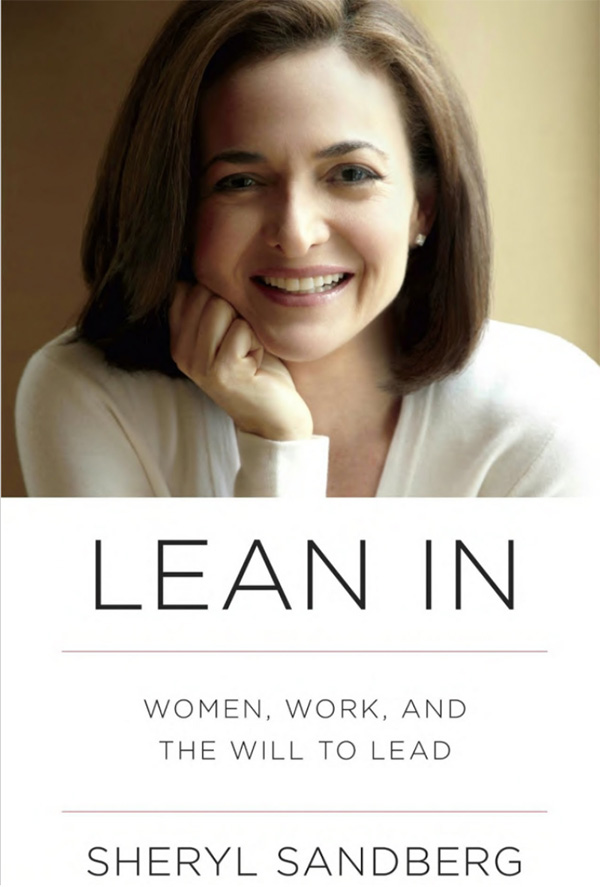Book Review | Leading in Cardiology: A Review of Sheryl Sandberg's Lean In
May 28, 2015 | Annabelle Santos Volgman, MD, FACC
WIC Book Review

Sheryl Sandberg's book, Lean In: Women, Work and Will to Lead, received much press when it was first published. The message was that women were not "leaning in" to decision-making discussions at work. She said: "We hold ourselves back in ways both big and small, by lacking self-confidence, by not raising our hands, and by pulling back when we should be leaning in. We internalize the negative messages we get throughout our lives— the messages that say it's wrong to be outspoken, aggressive, more powerful than men."
However, this book was not what I expected since, for me, Sandberg did not have any enlightening advice. Some personal background is offered. I went to one of the most feminist all-girl schools in New York City, Hunter College High School (now co-ed). As middle school students, we marched with feminists on Park Avenue in 1972 with the first publication of Ms. Magazine. Most Hunter students did not lack self-confidence; we raised our hands and certainly never pulled back. We were unaware that men were our competitors. And I am sure they continue to be this way. We make our choices and sometimes we choose not to "lean in."
It is interesting to note that as high up as Sandberg has gone in the corporate world she has the same problems that most working women face: how to pursue one's ambitions without missing out on family life. There were many of anecdotes of her experiences at Facebook, Google and Harvard, as well as the birth of her children. I certainly learned a lot about Sandberg's life and how wonderful her husband was. I learned less about new ways to tackle the challenges of "leaning in."
However, what I really enjoyed about the book was her message to have the men "lean in" to the responsibilities of home life. Sandberg manages to get this right—that men need to step up their efforts at home. We often want to do everything since we trust only ourselves to do things the way we want. We need to be better about delegating activities associated with the house and family to our spouses or significant others.
Specifically for female physicians, Sandberg gives examples of how doctors deal with their careers and family life. She related a story of a physician who needed to pump breast milk during a meeting and concluded that, "this is one instance where I would have recommended not to sit at the table."
For female cardiologists, I feel that there is not much we can learn from this book, since it is so anecdotal and geared for life in the business world. In contrast, I think Athena Poppas, MD, FACC, and other female leaders in our field are the ones whom we can better learn from and admire for representing women in leadership positions within organizations like the ACC. Other examples include Nanette Wenger, MD, MACC, and Pamela Douglas, MD, MACC, among others, whom presented at the "Lessons From the Luminaries of Women in Cardiology" during ACC.15 in San Diego. That panel had so many pearls of wisdom. We felt empowered and inspired to be like them. One such pearl from a panelist is that if we want to lead, we need to continue to study and acquire skills beyond being a cardiologist. If we want to be promoted to leadership roles, we need to learn and understand the business and politics of health care and help the people we are leading be successful. Now, that's leaning in!
This post was authored by Annabelle Santos Volgman, MD, FACC, professor of Medicine at the Rush College of Medicine.